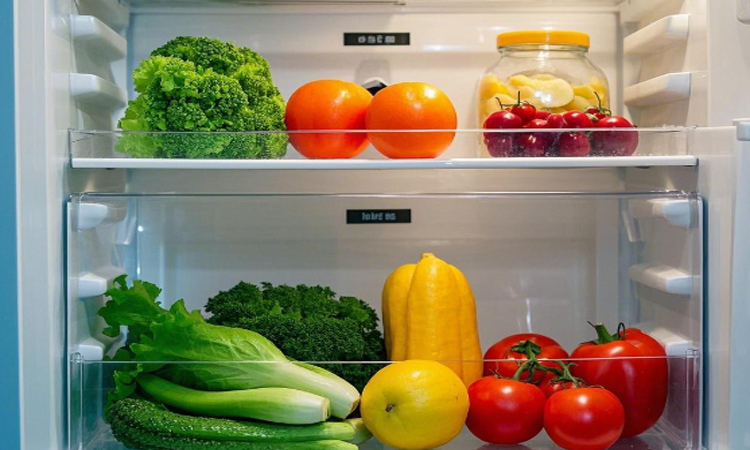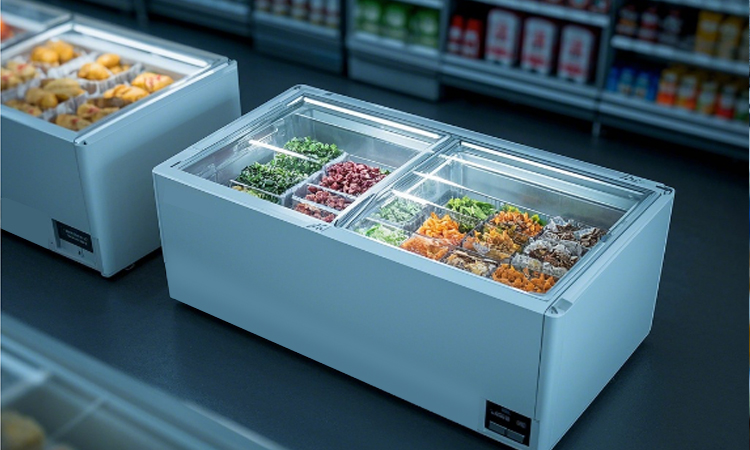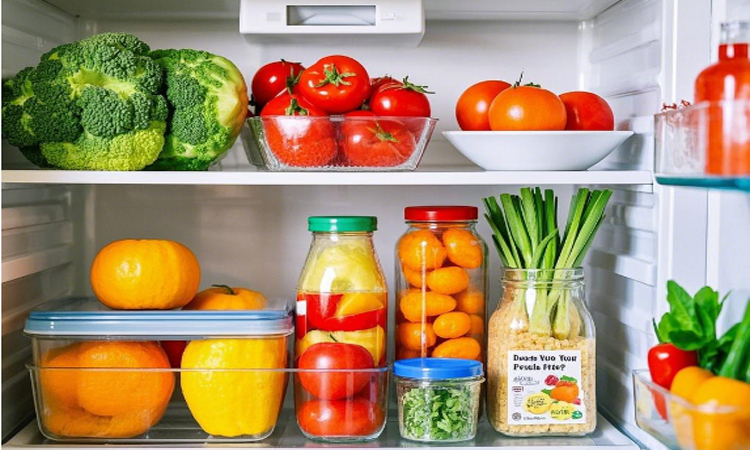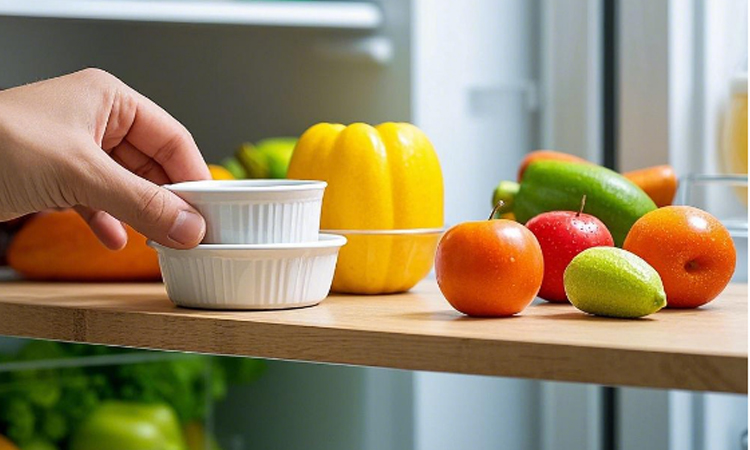

According to the latest data update in 2025, the qualifications and certifications required for refrigerator exports vary depending on the target market. Here are some common qualifications and certifications:
1、European market
CE certification: This is a mandatory certification in the European market, covering the test requirements of the Low Voltage Directive (LVD) and the Electromagnetic Compatibility Directive (EMC), ensuring that products meet EU standards in terms of safety and electromagnetic compatibility. It is the passport to enter the European market.
ERP certification: The EU certification for energy efficiency, mainly testing the energy efficiency performance of refrigerators. Obtaining this certification can increase the competitiveness of products in the European market and help meet the EU's requirements for environmental protection and energy conservation.
2、US market
FCC certification: A mandatory certification in the United States, mainly for the electromagnetic compatibility of electronic products. As an electrical appliance containing electronic components, refrigerators need to pass the FCC certification to ensure that they do not interfere with other electronic devices and can also resist external electromagnetic interference.
UL certification: It is a common and authoritative voluntary safety certification in the US market. Although it is not mandatory, many US customers will require suppliers to provide UL certification to prove that the product meets US safety standards, which helps to improve the product's recognition and trust in the market. In addition, there are also ETL certification, CSA, MET certification, etc., which are also common safety certifications in the US market and can be selected according to customer needs and product characteristics.
3、Japanese market
PSE certification: Japan's mandatory safety certification is used to prove that electrical and electronic products have passed the safety standard tests of the Japanese Electrical and Material Safety Law (DENAN Law) or the international IEC standard. Depending on the product type, it is divided into the diamond-shaped PSE mark (specific electrical products) and the round PSE mark (non-specific electrical products).
4、Saudi market
G - Mark certification: Refrigerators entering the Saudi market need to obtain the G - Mark certification issued by the Gulf Cooperation Council Standardization Organization (GSO).
SABER COC: This is the Saudi Conformity Certification, which requires submitting relevant applications and obtaining approval. In addition, energy efficiency registration is also required, and relevant safety, electromagnetic compatibility, RoHS and other test requirements need to be met.
5、Other general qualifications and requirements
Certificate of origin: It proves the country of origin of the product and is usually issued by the local chamber of commerce or relevant government agency. Some countries may implement different trade policies, such as tariff preferences, based on the country of origin.
Quality system certification: Such as ISO 9001 Quality Management System Certification. Although it is not a mandatory requirement for specific markets, it helps enterprises establish a complete quality management system, improve product quality and production efficiency, and enhance customers' confidence in product quality.
In addition, some countries may have other special requirements, such as packaging requirements, labeling requirements, etc. Before exporting refrigerators, it is recommended that enterprises carefully understand the specific regulations and standards of the target market and consult professional certification agencies or trade agency companies to ensure that the products meet all access requirements.





